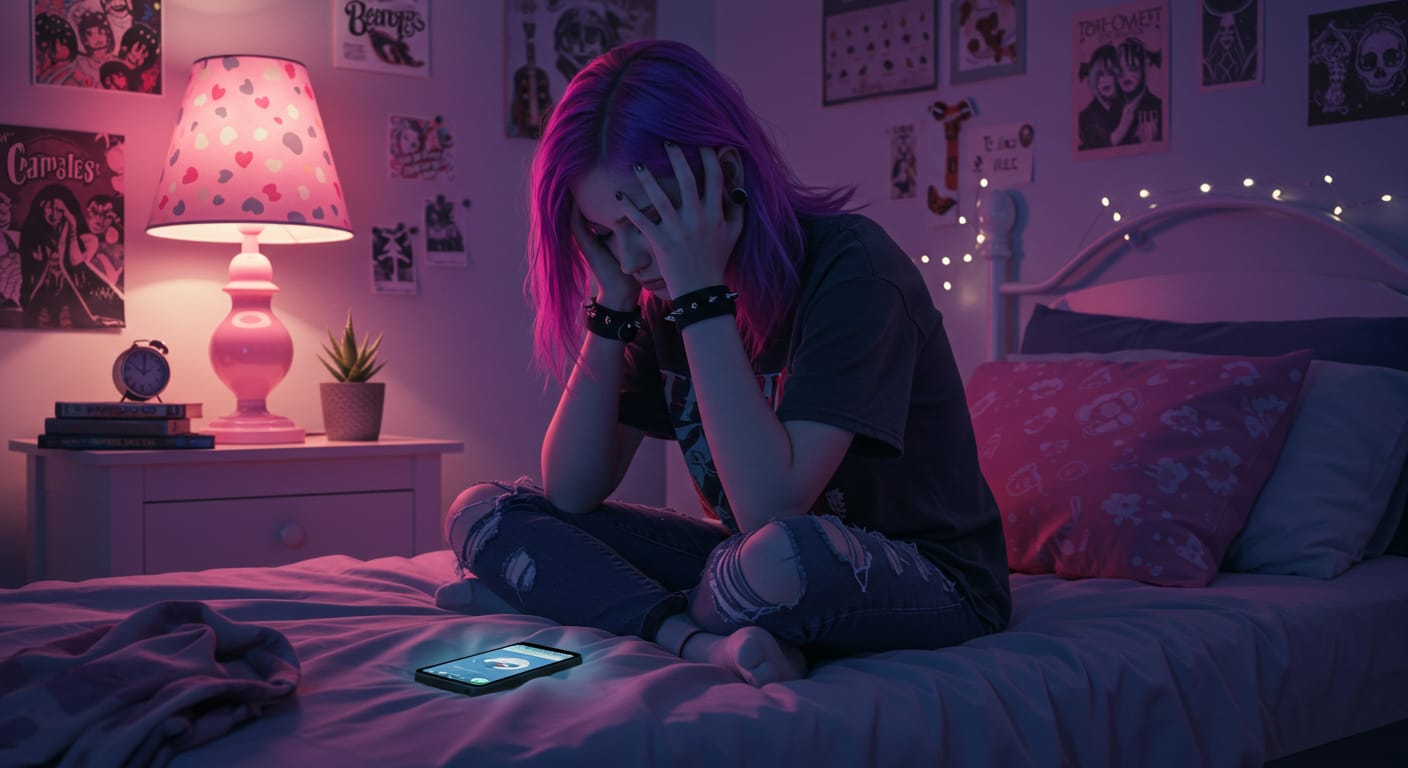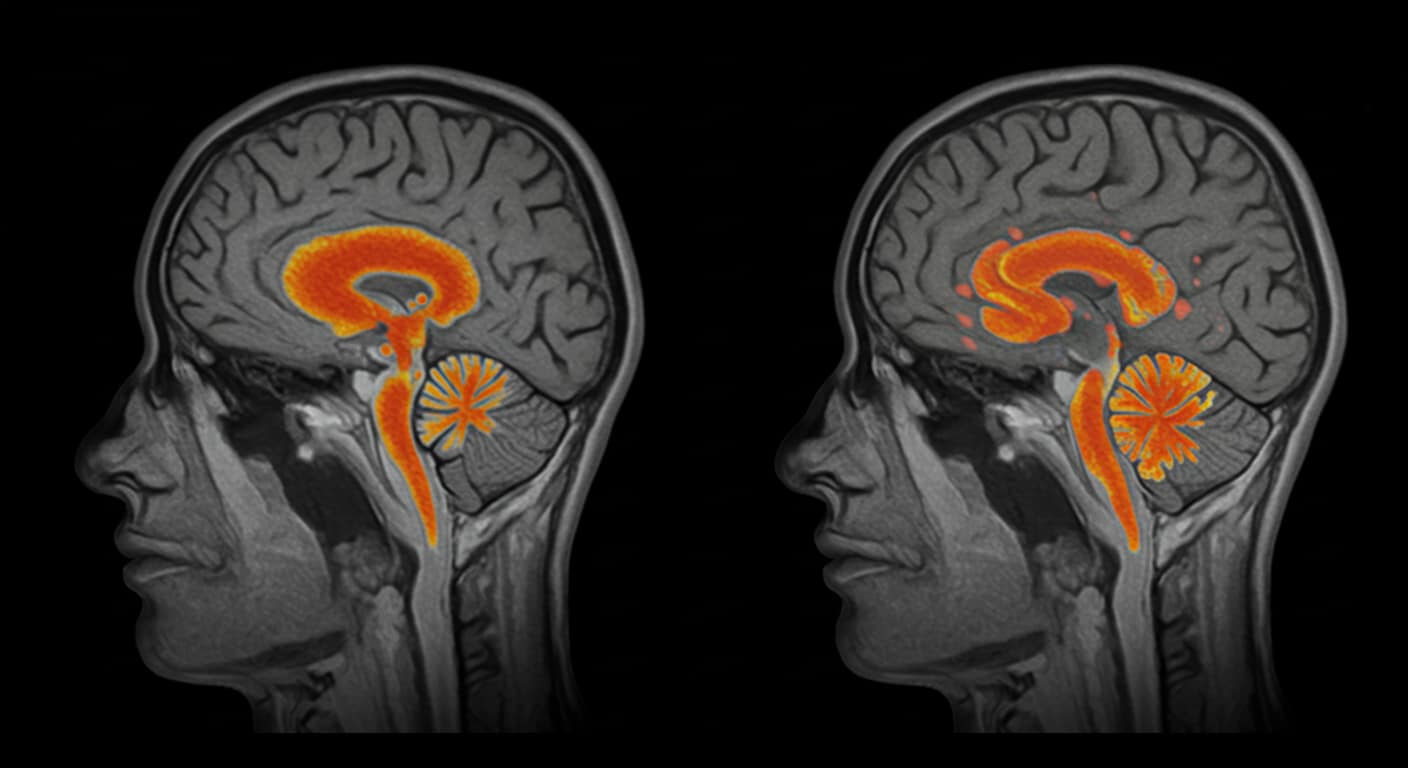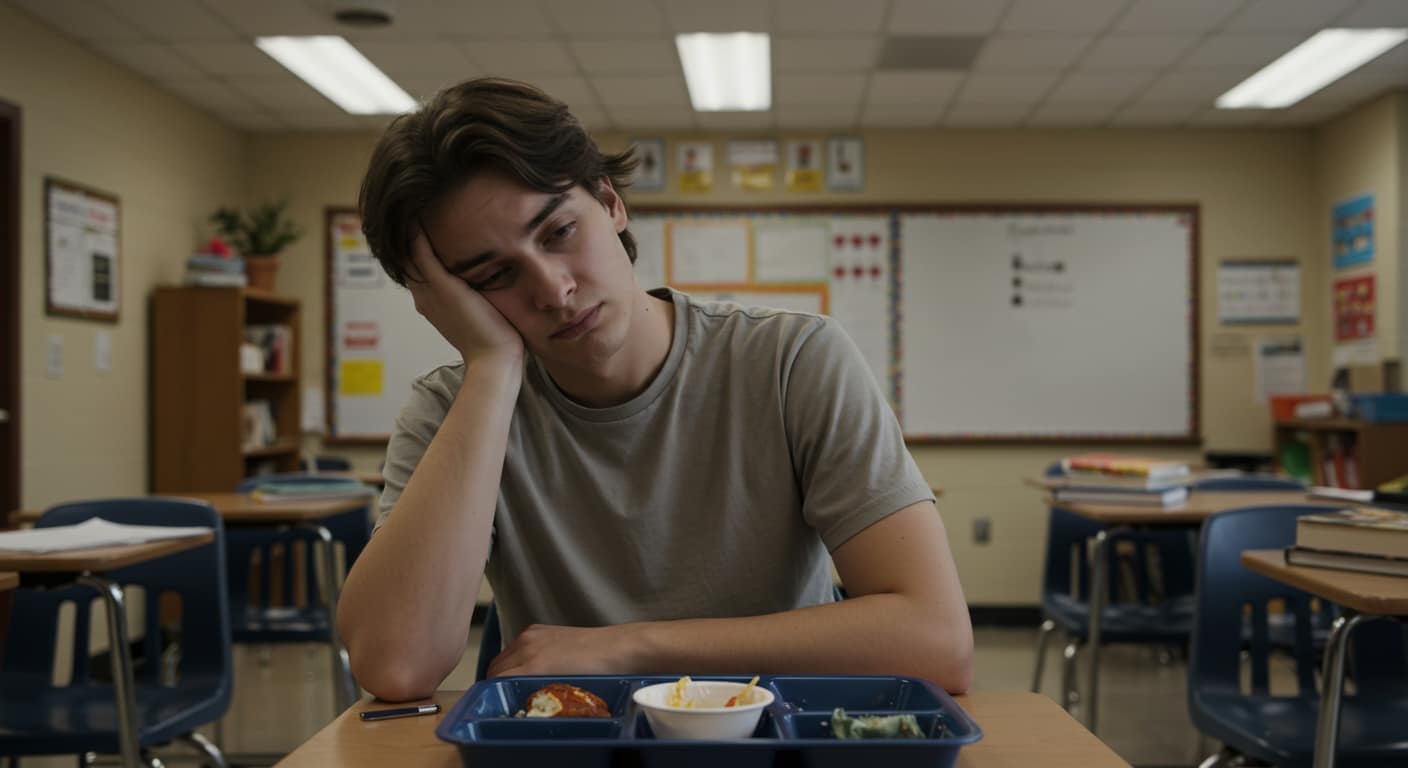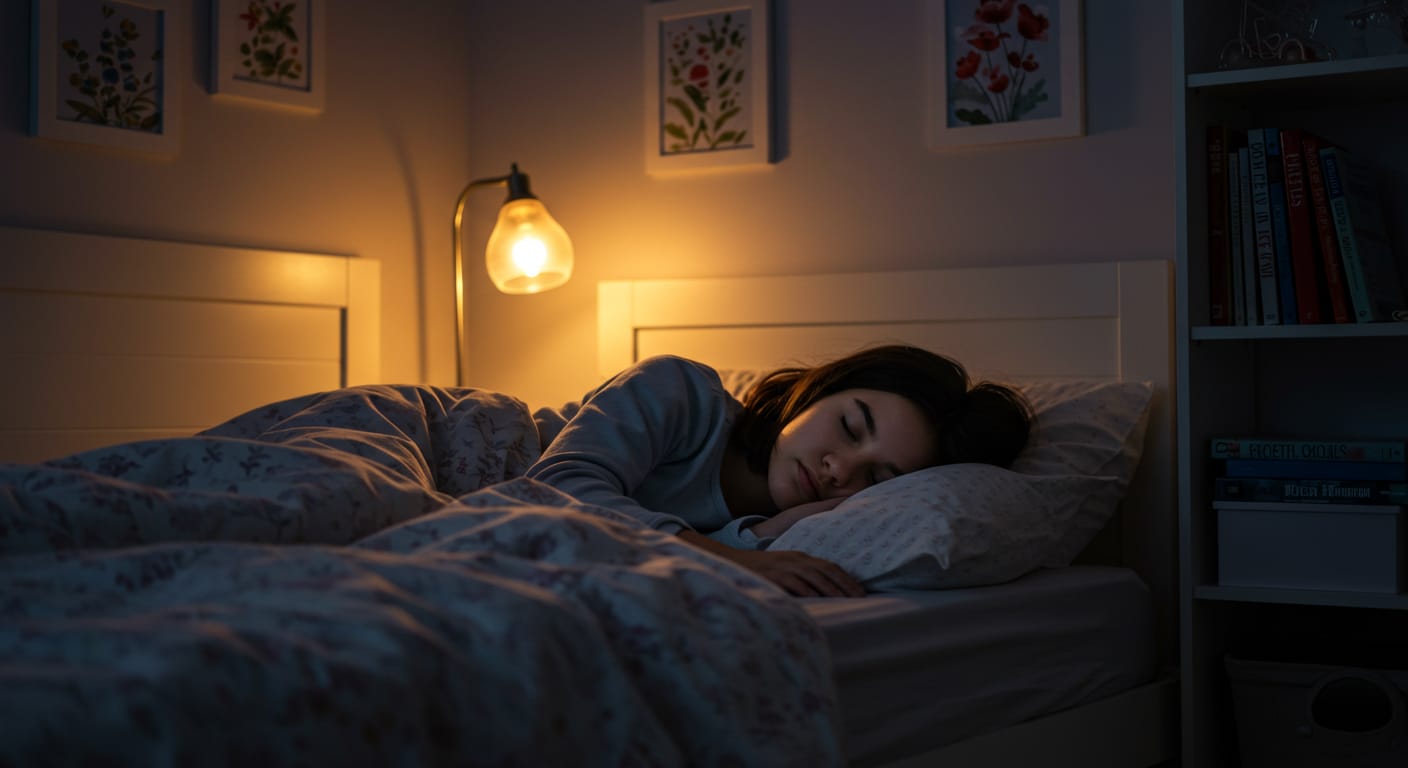Growing Concern: The Teen Sleep Crisis
The lack of sleep among teenagers is becoming a major societal challenge. Yet, one of its most concerning effects—its link to teen mental health—is still under-discussed. Growing up while navigating puberty, academic pressure, social expectations, and the journey of self-discovery can be mentally exhausting. In the middle of this whirlwind, the importance of sleep is often ignored. But neglecting teens’ sleep patterns may be contributing significantly to the rise in teenage depression. In fact, studies have shown a nearly 4% increase in teen depression within a year, with lack of sleep being a major factor.
Teen Girls, Hormones, and Sleep Deprivation
Teenage girls are particularly vulnerable due to the hormonal changes that occur during adolescence. Puberty triggers fluctuations in cortisol (the stress hormone) and serotonin (the mood-regulating hormone). Chronic lack of sleep can throw these hormones further off balance. What might look like boredom in class or random outbursts of anger could actually be signs of mental exhaustion. When teens are too tired to cope, their ability to process emotions is weakened. Long-term sleep deprivation should never be brushed aside—especially since conditions like depression, anxiety, and irritability often require professional diagnosis and care.
The Science: Sleep and Teen Brain Health
A study from Mount Sinai revealed that missing sleep for several consecutive days affects emotional regulation and can lead to long-term health issues. Teenagers who aren’t getting enough sleep feel overwhelmed and may struggle to perform even basic tasks. Sleep deprivation not only signals mental health struggles—it can also activate genes that cause inflammation in the body. This inflammation releases even more cortisol, creating a harmful cycle that worsens over time. Chronic sleep loss doesn’t just make a teen feel tired; it may contribute to clinical depression if left unaddressed.
Why Are Teens Sleeping Less?
It’s alarming to realize that nearly 70% of teenagers sleep less than the recommended eight hours a night. Why? A combination of academic pressure, extracurricular commitments, social media use, and peer pressure keeps many teens awake late into the night. They often feel the need to do everything—excel in school, maintain social connections, and keep up with trends—all while sacrificing their rest. Many teens operate on just 3–4 hours of sleep, a dangerous norm. As parents and guardians, we need to guide them toward balance and intervene early when patterns of sleep loss emerge.
The Overlooked Warning Signs
Sleep deprivation is more than just physical tiredness—it’s often a silent contributor to mental health conditions like depression and anxiety. Though these are not exclusive to adults, adolescents need sleep even more during this phase of rapid growth. Poor sleep habits can also increase the risk of obesity, lower academic performance, and reduce emotional resilience. When your child complains of poor sleep or shows a lack of motivation at school, it may be a cry for help. Prioritizing sleep is not just helpful—it’s vital to their overall well-being.
Help Is Available—And Necessary
Most teenagers don’t fully grasp how essential sleep is to mental and physical health. That’s why adult support is so critical. If your teen is battling depression or insomnia, don’t hesitate to seek professional help. Therapy, counseling, and even sleep specialists can offer strategies to reset poor sleep habits and address deeper mental health concerns. A well-rested mind is better equipped to thrive, cope with stress, and build confidence.
Remember: Sleep is the best meditation, and often the best medication.







